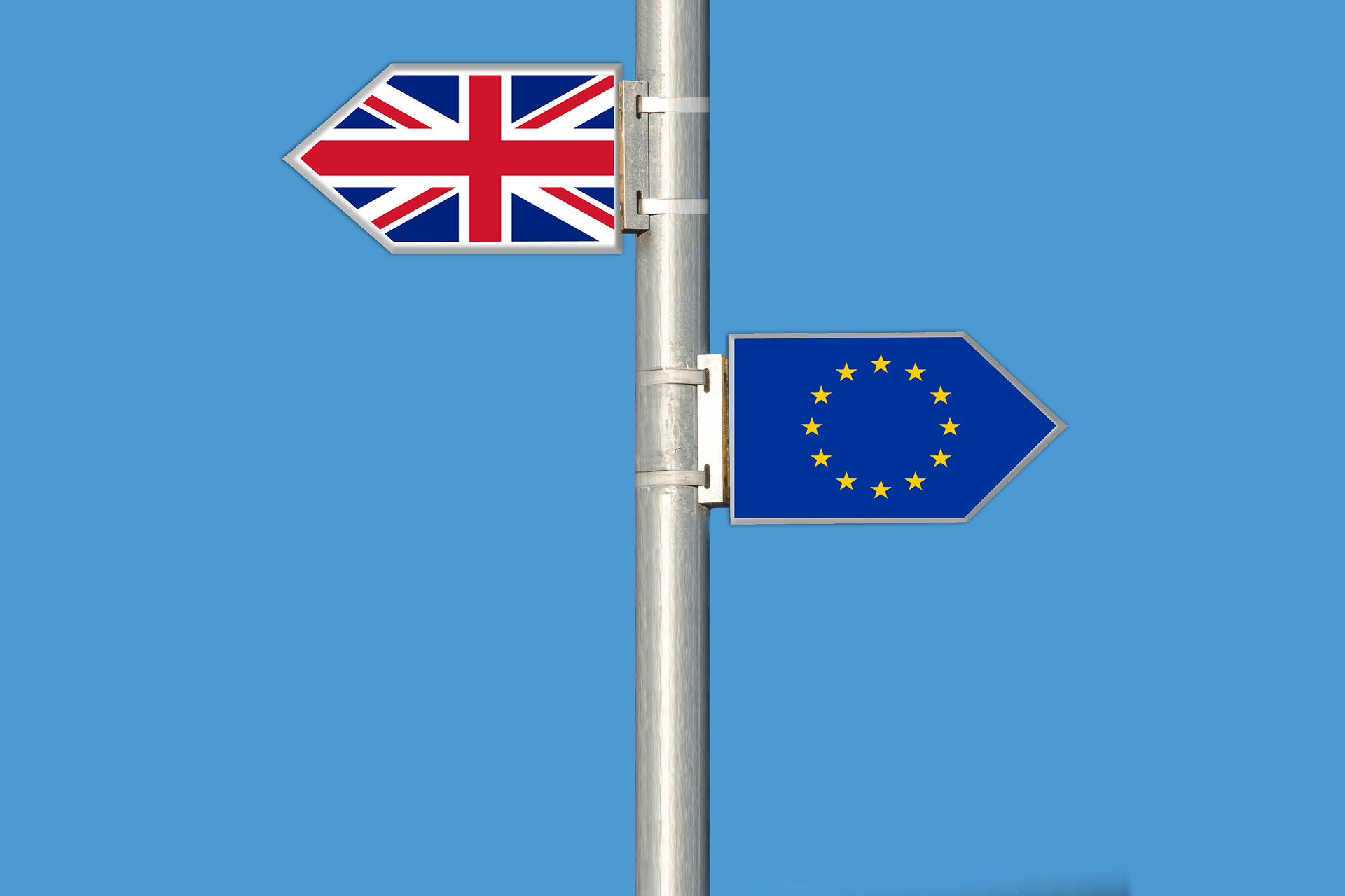Brexit: Expert reaction to no-deal notices
The UK government has produced 24 of 80 notice papers advising businesses and the public on the potential implications of leaving the EU next March in a no-deal scenario.

Brexit secretary Dominic Raab was keen to assure the British public that BLT sandwiches would continue to be available, though some of the details found in the documents were less comforting. Pharmaceutical companies are being advised to stockpile six weeks’ worth of additional medicines, while exporters of organic food could see sales to the EU blocked for up to nine months. In Northern Ireland, those who trade across the border have been told to seek advice from the Irish government on what preparations are required. Meanwhile, UK citizens living in the EU have been warned they may lose access to UK banking services.
According to the notices, no-deal will bring considerable layers of bureaucracy for those wishing to continue to trade with the EU, as import and export declarations will be required for all goods coming in and out of the country. On top of this, separate safety and security declarations will need to be made by Eurotunnel, airlines and maritime shippers.
Register now to continue reading
Thanks for visiting The Engineer. You’ve now reached your monthly limit of news stories. Register for free to unlock unlimited access to all of our news coverage, as well as premium content including opinion, in-depth features and special reports.
Benefits of registering
-
In-depth insights and coverage of key emerging trends
-
Unrestricted access to special reports throughout the year
-
Daily technology news delivered straight to your inbox










National Gas receives funding to develop Gravitricity underground hydrogen storage system
One single rock salt mine - Winsford - has 23 <i>MILLION </i>cubic metres of void and even allowing for 10% of that void set aside for hazardous waste...